Swelling is caused by a variety of traumas to the body. Bone fractures, muscular strains, and sprains to the arms, legs, and feet are among them. According to medical professionals, a buildup of fluid and inflammation are two of the most prevalent causes of swelling following an accident. If a part of your body begins to enlarge, such as your hand, leg, or knee, you should seek medical assistance as soon as possible. Check for a break or other major cause of inflammation, such as bleeding. You'll be able to rest and recover once your injury has been looked out on by a professional and stabilized. Your doctor may advise you to wear recovery wear while you recover, but how can compression help to minimize swelling after an injury? If you're not sure if you need socks, hosiery, or an athletic arm sleeve to recover, this article will explain the main benefits of each. You'll also learn how to use compression items in various ways to help you heal faster and feel better.

- Use Braces and Supports to Help You Recover More Quickly
You may experience acute swelling after a fall or an athletic injury. It's also conceivable that symptoms will appear later. Keep an eye on the problem area so you can provide a brace or support if necessary. Using support or brace to wrap over the area can help to limit muscle mobility and stress while walking, working, or doing errands.
The best hip support brace enhances blood circulation, which aids in the healing process. The faster the body can absorb oedema or extra fluid, the better the blood flow through the affected area.
Reduced pressure and discomfort are also advantages of ankle supports, knee braces, and other comparable goods. The best braces and supports to assist heal an injury also feature the proper degree of compression if you're looking for the ideal device for your needs. As you walk and stand throughout the day, a solid 20-30 mmHg compression level will help stabilize the area of the problem and reduce inflammation.
If you require further support, consider purchasing a brace with ergonomically fitted silicone inserts. These minor improvements make moving around easier.
- Improve Circulation with Socks and Hosiery
Compression hosiery and the best sports socks, in addition to braces and supports, are two forms of clothing that can aid in the promotion of circulation and the reduction of fluid buildup in swollen parts of the lower body. It will begin to mend faster if extra fluid can move out of the injury.
Which compression gear should you go with? Try hosiery if your workplace has a business dress requirement, it's cold outside, or you require progressive compression across your leg. There are knee highs, thigh highs, and pantyhose to choose from. Best of all, you'll be able to choose from a variety of lengths and widths for the right fit.
Circulation socks range from mild (8-15 mmHg) to severe (40-50 mmHg), so no matter what your doctor recommends, you'll be able to locate a beautiful pair. For every choice and shoe type, there are open-toe, closed-toe, and footless tights. You can also get various hues, such as nude, white, and black, if you choose.
Compression socks are a cousin to hosiery and are suitable for any circumstance. They're also good for feet that are swollen or inflamed. Soft cotton blends, dynamic microfiber materials, and moisture-wicking goods are all available. Socks range in firmness from light (8-15 mmHg) to ultra-firm (30-40 mmHg), so no matter how severe your disease is, you'll be able to reach your health goals.
- Use Arm Sleeves to Improve Blood Flow
There are many sorts of arm injuries that can cause discomfort and swelling, ranging from muscle strains to bruises. Knee compression sleeves, like compression hosiery and socks, can aid to minimize fluid buildup and enhance blood circulation and the return of healthy white blood cells to the area. Arm sleeves come in various compression levels, from moderate (15-20 mmHg) to exceptionally firm (30-40 mmHg), so you can find the appropriate balance of protection, security, and comfort for your injury.
Choose from a variety of vibrant colors and intriguing patterns. From boho styles to seasonal tattoo prints, we have it all. Because they're both functional and fashionable, you can wear them at the stadium, on the court, or at home while relaxing and recovering.
- Use Your Compression Gear Actively
You may discover that once your doctor has cleared you to exercise, you begin to heal even faster. This is because exercise increases blood flow to your arms and legs. As you work out, put on your compression arm sleeves or socks. Many compression sport socks are composed of a specific moisture-wicking material that keeps you dry while reducing sweat and odor buildup. There are also innovative cooling socks and sleeves available.
Of course, on the track, athletic arm sleeves with fashionable prints are comfortable and stylish. Wear them under a long-sleeve or over a tee. While you should see your doctor before starting any fitness program, the Centers for Disease Control and Prevention (CDC) recommends that most adults get 150 minutes of physical activity per week.

Compression garments can assist you in healing more quickly.
Recovery wear can assist you in your recovery no matter where you have been injured. Consult your doctor to determine the appropriate level of compression for your needs, and then shop for your favorite brands and styles. While resting your feet, taking a walk, or running errands, wear your compression gear. You will soon be able to resume your normal activities with patience and effort.
For more information, visit Incrediwear today!
Read more
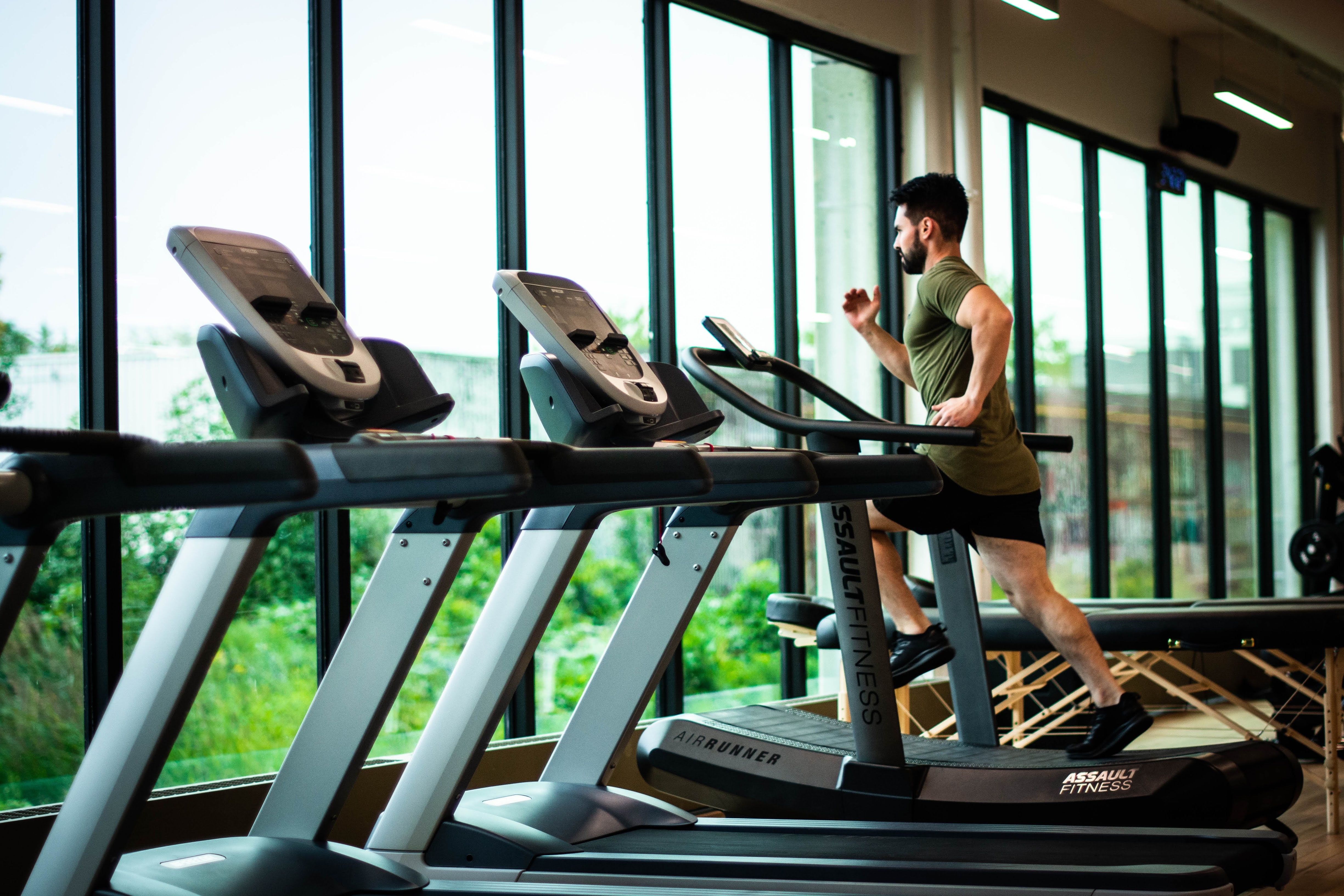
Since life can be hectic sometimes, it's important to make the most of your workout time. Besides finding a good gym, a good personal trainer, and a good pair of practical shoes, wearing the right ...
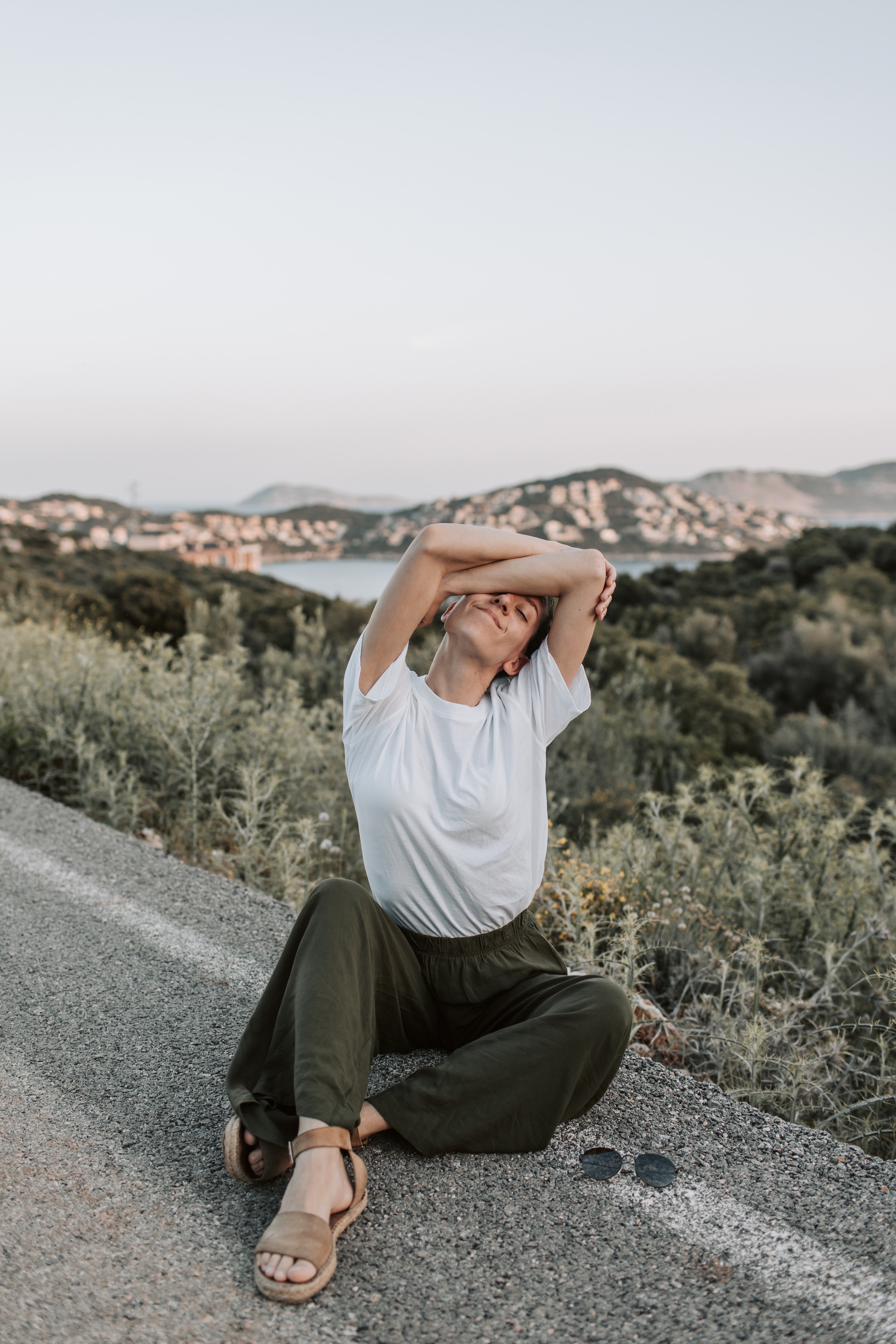
Can we stop our daily activities because of discomfort or pain in any part of the body? No, we cannot. Cultivating strength from within, we need to keep moving forward with the help of wellness pro...

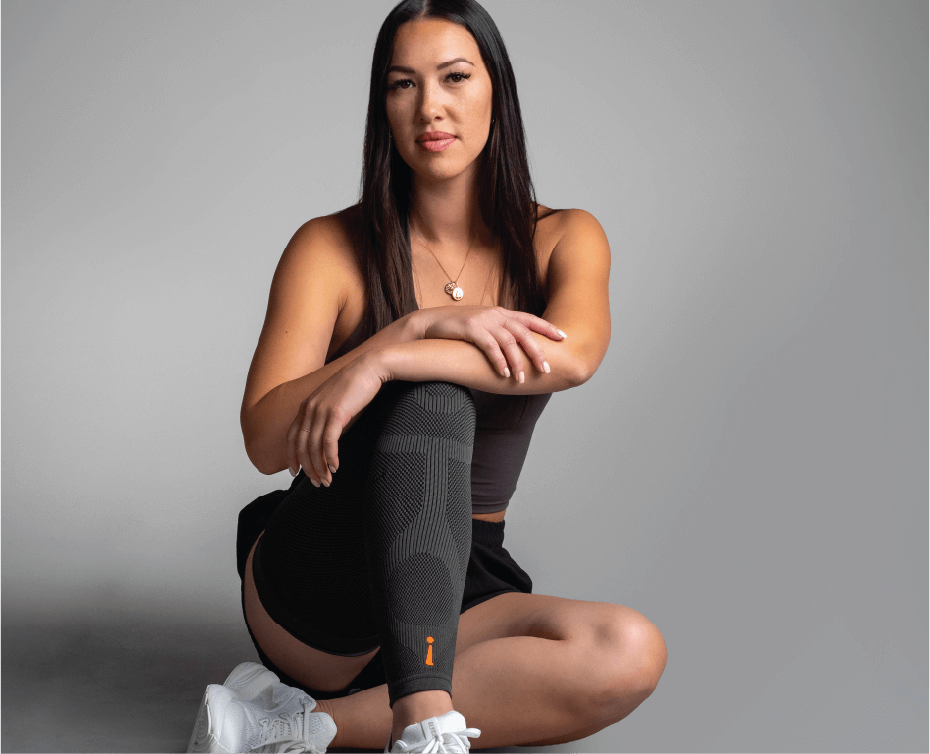
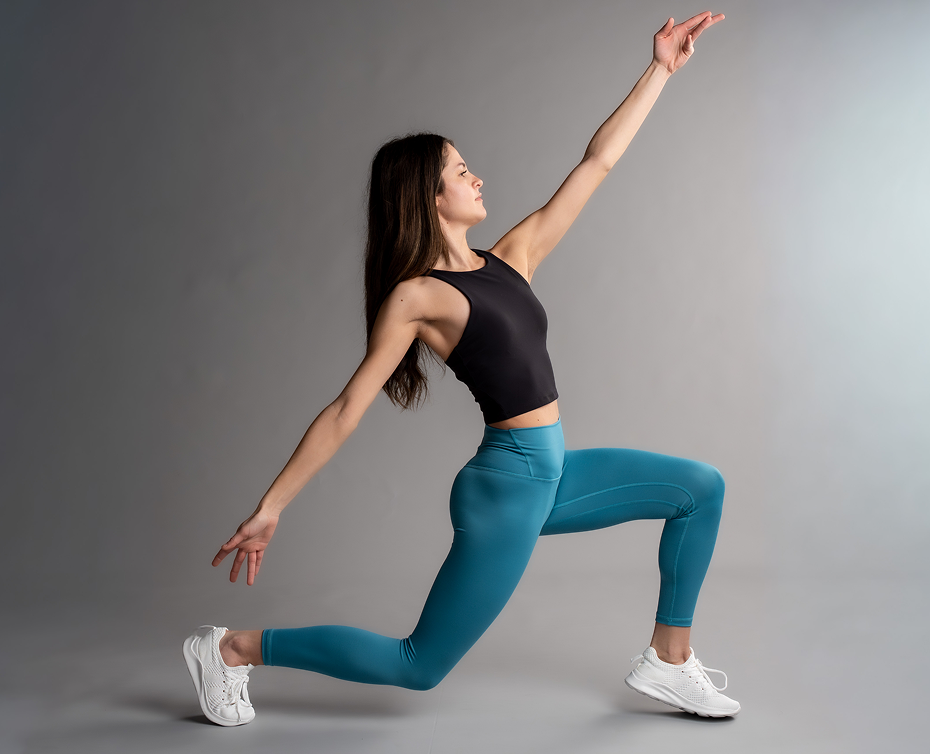
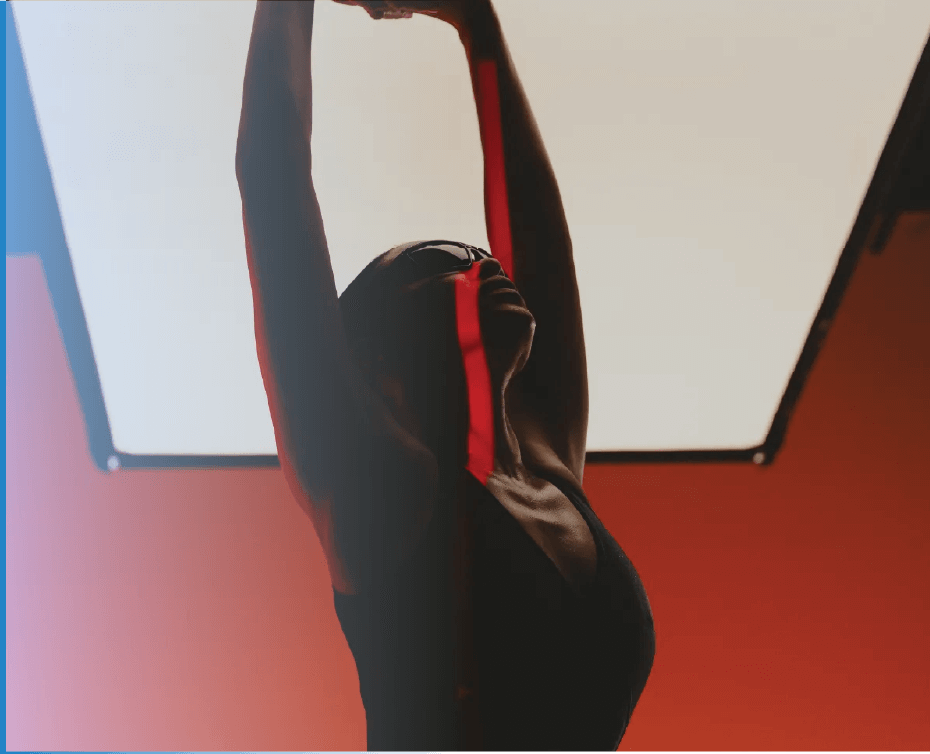
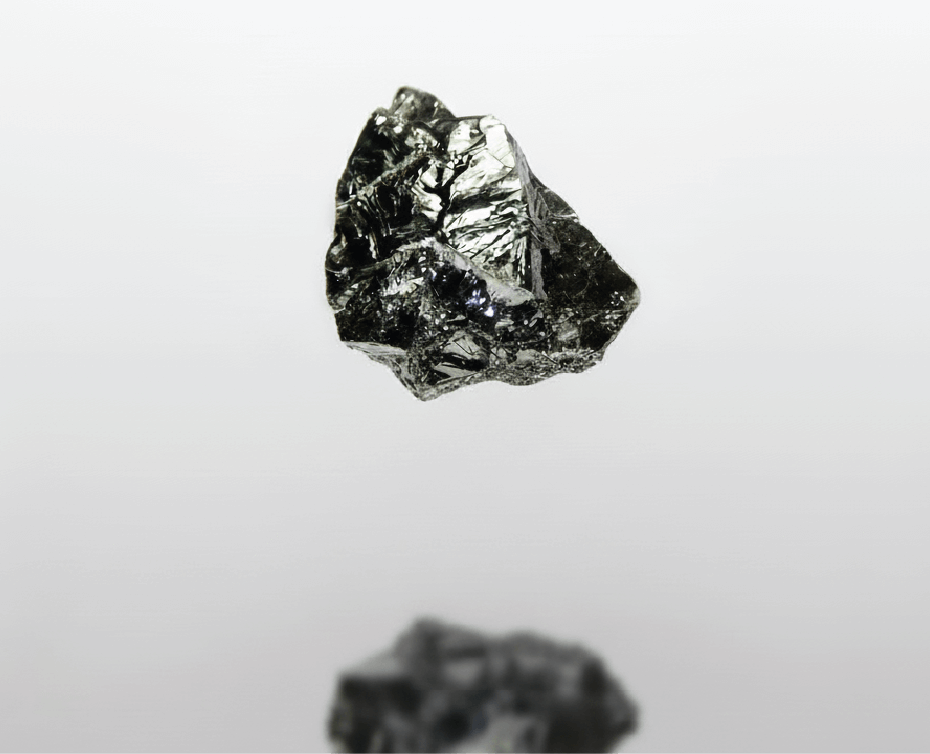

Leave a comment
All comments are moderated before being published.
This site is protected by hCaptcha and the hCaptcha Privacy Policy and Terms of Service apply.